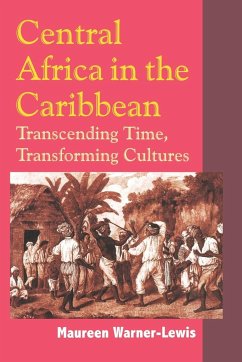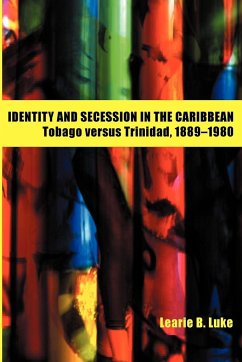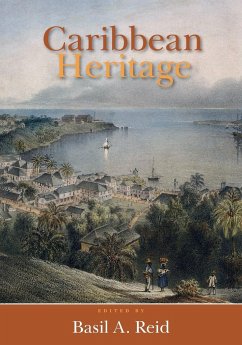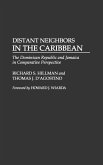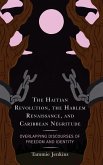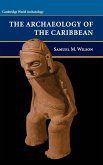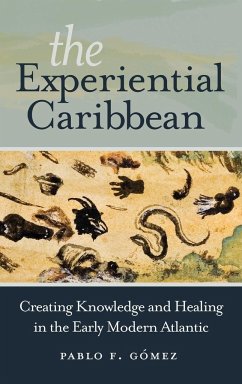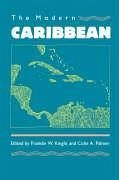A sweeping, multidisciplinary study that analyzes and identifies some of the main lineaments of the Central African cultural legacy in the Caribbean. This long-awaited study is based on more than three decades of research and analysis. Scholars will be fascinated with the transatlantic comparative data. The author identifies Central African cultural forms in those areas settled in Africa by the Koongo, Mbundu, and Ovimbunde. (The modern-day locations of these three ethnic groups are present-day Congo, Zaire and Angola.) The book illuminates Caribbean thought and practice by comparison with Central African worldview and custom. The work is based on extensive primary and secondary sources, oral interviews, letters and diaries, folk-tales, proverbs and songs. In its multidisciplinary approach and depth, it highlights the debate concerning the origin and transformation of cultural forms in the Caribbean against a larger background of African culture, economy, colonialism, slavery, emancipation and independence. With its Central African focus, the book is a pioneering perspective on Caribbean cultural forms. A noted linguist, the author uses her knowledge of the most functional languages of the region, Spanish, English and French, to access creole languages, which gives the study a truly pan-Caribbean breadth. The book appeals to all interested in African diaspora studies, African and Caribbean history, linguistics and cultural anthropology.
Hinweis: Dieser Artikel kann nur an eine deutsche Lieferadresse ausgeliefert werden.
Hinweis: Dieser Artikel kann nur an eine deutsche Lieferadresse ausgeliefert werden.

